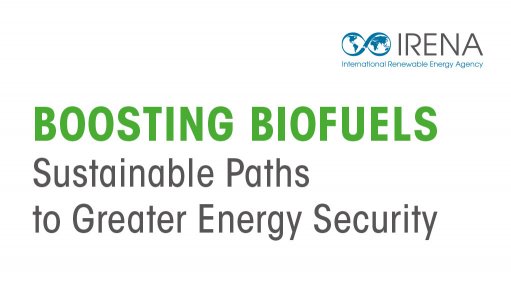
Substantial potential exists to expand both food and fuel supply in a sustainable fashion. This report examines sustainable paths for biofuel development.
These include:
- Boosting yields of food crops and residues;
- Freeing up farmland through yield improvements;
- Reducing losses and waste in the food chain;
- Freeing up pastureland through better livestock management.
Further biofuel potential could also be unlocked through:
- Afforestation using fast-growing trees;
- Algae cultivation from organic waste or carbon dioxide.
Part of this potential can be harnessed through “first-generation” technologies, which produce biofuel from crops like sugar cane, maize and palm oil. More can be harnessed through “second-generation” technologies, which convert lignocellulose from farm and forest residues, grasses and wood. More still can be harnessed through “third-generation” technologies to produce biofuel from algae.
How much of the world’s theoretical bioenergy potential can practically be harnessed? Amid great uncertainties about land use, crop yields and costs for biofuel conversion, it is hard to know.
However, policies that encourage higher farm yields, promote sustainable forestry and foster cost-effective conversion technologies will all help to boost sustainable biofuel production. This, in turn, will enhance global energy security, boost economic development and help to limit global climate change.
Two technical notes provide further analytical background on:
- Higher Yields
- Residues
Submitted by IRENA